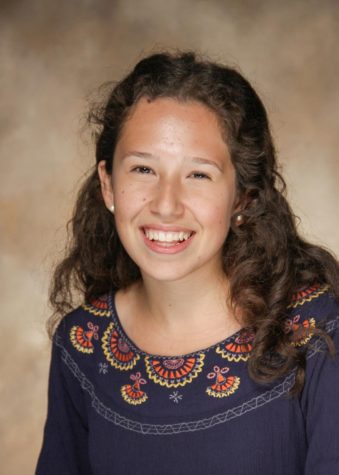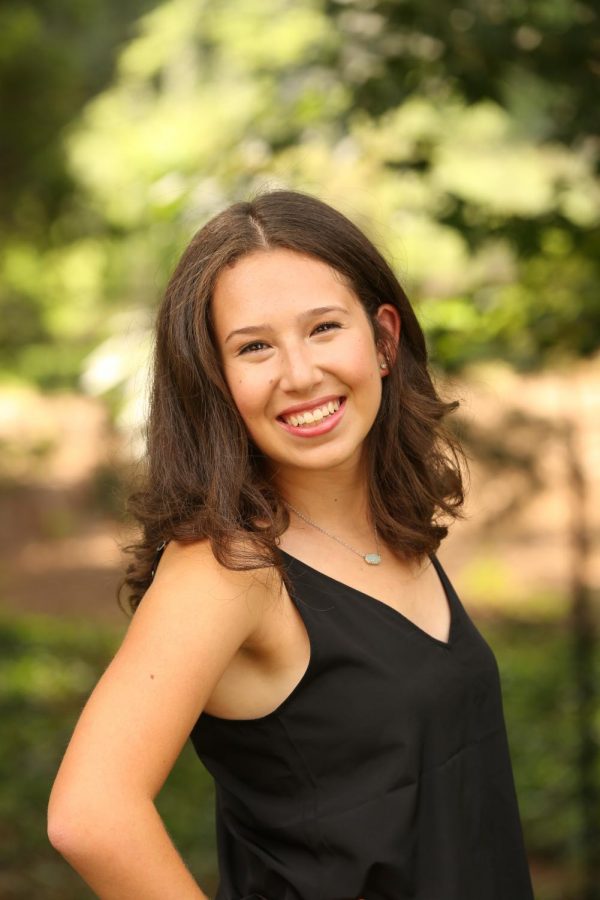To uphold pluralism, let females lead services
Last year, my younger sister signed up to lead Kabbalat Shabbat at her eighth grade Shabbaton. When the leader was announced, though, a male’s name was read instead. My sister wondered what she had done wrong. Was it her singing voice? Her religious beliefs? A few phone calls with the administration later, it became crystal clear that she was not permitted to lead because she was a female. In Orthodox communities, females typically cannot lead services. But JDS isn’t Orthodox; it claims to be pluralistic.
I explored this issue in my Rendering Legal Decisions Jewish text class last year. It turns out that there is nothing halachically wrong with a woman leading the Kabbalat Shabbat service because it does not contain any Diveri Kedusha, or elements of a service that require a minyan. Because Kabbalat Shabbat does not have these elements and thus does not require a minyan, there is no legal reason a man would need to lead it. JDS is not Orthodox, yet it enforces a practice that is more extreme than the Talmud mandates.
In the hopes of solving this issue, Director of Jewish Life Stephanie Hoffman met with each grade and discussed it with them before their Shabbaton, this year. Each grade then voted on whether they wanted to stay together for Friday night services with a male leader or split up into Egalitarian and Orthodox services, allowing a woman to lead the Egalitarian one.
To me, this “solution” was methodically the wrong way to solve the problem and did not reflect the pluralism JDS preaches. According to the JDS website, pluralism is defined as “a principled commitment to the diversity of Jewish backgrounds, beliefs, and practices of our community of students, teachers, and parents.” By point-blank prohibiting females from leading the grade-wide Kabbalat Shabbat service, however, the school is failing to commit to the diversity it strives for.
When the Shabbaton student leadership form found its way to my inbox, I proudly checked that I wanted to lead Kabbalat Shabbat, despite the disclaimer that only a man would be chosen. I did this as a protest: a protest against the blatant sexism JDS was perpetuating and a protest against JDS’ flawed implementation of pluralism. Despite Jewish law being on my side, I, like my sister, was denied this opportunity.
During Kabbalat Shabbat at my Shabbaton, I practically screamed the prayers, singing so loudly, hoping to show, somehow, someway, that my female voice had a place in our “pluralistic” community. The conversations and votes held this year are far from over, and I look forward to JDS revisiting this issue with an open mind, a mind that envisions our pluralism as a more open and welcoming place for female students.
This story was featured in the Volume 36, Issue 4 edition of The Lion’s Tale, published on January 25, 2019.








